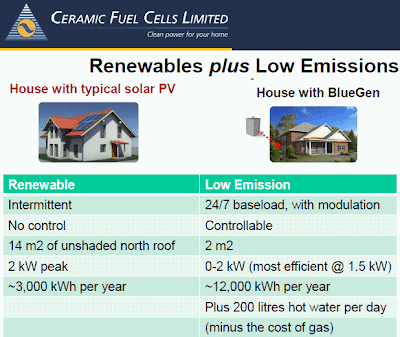No carbon price contributes to these prices - the carbon price does not take effect until 1 July 2012. It will be a very small component of the price households pay for electricity.
Tony Abbott simply ignores this fact.
Interview with Chris Smith, Radio 2GB, Sydney
TONY ABBOTT on Wednesday, 23 May 2012TONY ABBOTT: "...we’ve got an abundance, or we should have an abundance, of cheap energy in this country because of our coal and our gas. But the trouble is we are deliberately making our energy more expensive – that’s the whole point of a carbon tax..."
Power bills high but wholesale prices low
ANNABEL HEPWORTH From: The Australian March 23, 2012 |
| Wholesale electricity prices |
FALLING wholesale electricity prices on the National Electricity Market are not being passed on to consumers, who are paying all-time high power bills.
The National Generators Forum says wholesale prices for electricity have fallen because of mild weather, the decline in manufacturing, reduced energy use by households and an increased supply of electricity.
Note: (updated May 25, 2012)
Wholesale prices - above - are shown in $ per megawatt hour (MWh)
Retail prices - below - are shown in cents per kilowatt hour (kWh)
- $10 per MWh is the same as 1 cent per kWh.
- A retail price of 30 cents per kWh is 10 times a wholesale price of $30 per MWh.
- That is, 27 cents out of 30 cents per kWh is payment for the distribution and retailing of electricity.
- That is, 90 percent of the price (27 cents out of every 30 cents) would be the same even if the electricity was generated with NO carbon dioxide emissions and/or NO "carbon tax" - as with nuclear, hydroelectric, geothermal and solar thermal power stations.
- For gas-fired power stations emitting about 350 kilograms of carbon dioxide per megawatt hour, a carbon price of $23 per tonne adds less than 1 cent to the price of each kilowatt hour.
- Tony Abbott's frenzied campaign "to repeal the carbon tax" is over an amount of about 1 cent per kWh!
- To find out what less frenzied people are working on - to address the real reasons for Australia's world highest electricity prices - read a Discussion of Electricity Prices...
Australian power prices among highest in world
Tanya Nolan reported this story on Wednesday, March 21, 2012 |
| Retail electricity prices |
ELEANOR HALL: Research commissioned by Australia's top 100 power users suggests that Australians pay some of the highest electricity prices in the developed world.
...
TANYA NOLAN: In many ways this report confirms what many households already know, electricity bills are soaring and there's little end in sight.
But what is revealing is that in a comparison of 91 international jurisdictions and including all states and territories, Australia's energy costs are among the highest in the developed world.
...
The Federal Government acknowledges that electricity prices are likely to keep growing due to large amounts of investment required to maintain network infrastructure ...
The draft Energy White Paper released in December predicted that as much $240 billion worth of investment would be needed to be spent on generation, transmission and distribution in the period to 2030.
Updated June 20, 2012 -
Can carbon tax explain power price hikes?
Australian Broadcasting CorporationBroadcast: 19 June 2012
Reporter: Greg Hoy
Electricity prices are on their way up around the country, but how much of that is the carbon tax and how much is due to other factors?
















LEAVE A TIP
Tim Blair
Thursday, May 10, 2012 (12:23pm)
Have Your Say